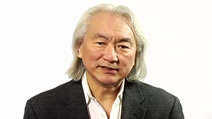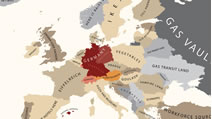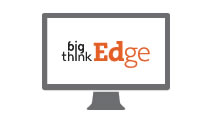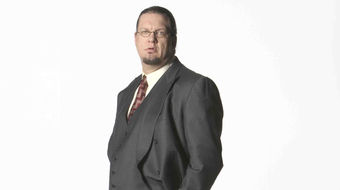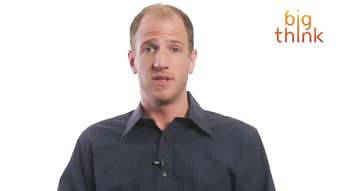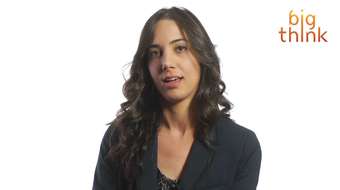Today’s Big Idea
Skepticism
It pays to be a skeptic. Not only can some simple habits help us snap out of unhealthy behaviors that are the product of our biases, we also have the ability to take a more rational look at risk reduction, which benefits society.
In today's lesson, the skeptic and author Penn Jillette makes a distinction between what people "feel as evidence instead of what they think as evidence or what they can prove as evidence." You should not feel about the speed of light or evolution, Jillette argues, just as you should not "think about love." In other words, you should feel “I love you,” and you should think about reality.
If you confuse the two, not only will you be cheapening the emotion of love, Jillette says, you will also be cheapening science. Instead you should think about the world and feel about your heart.
